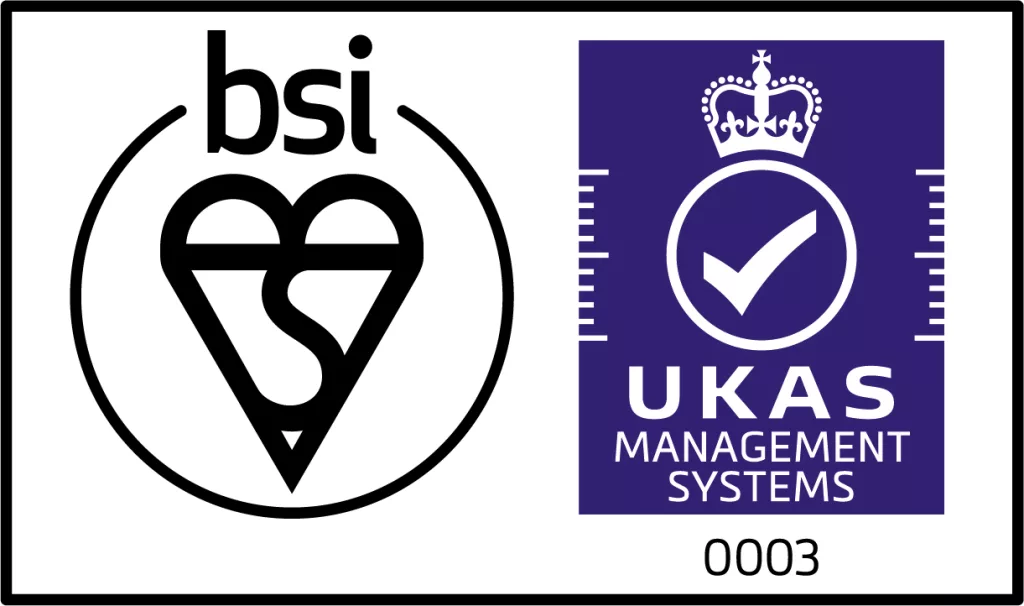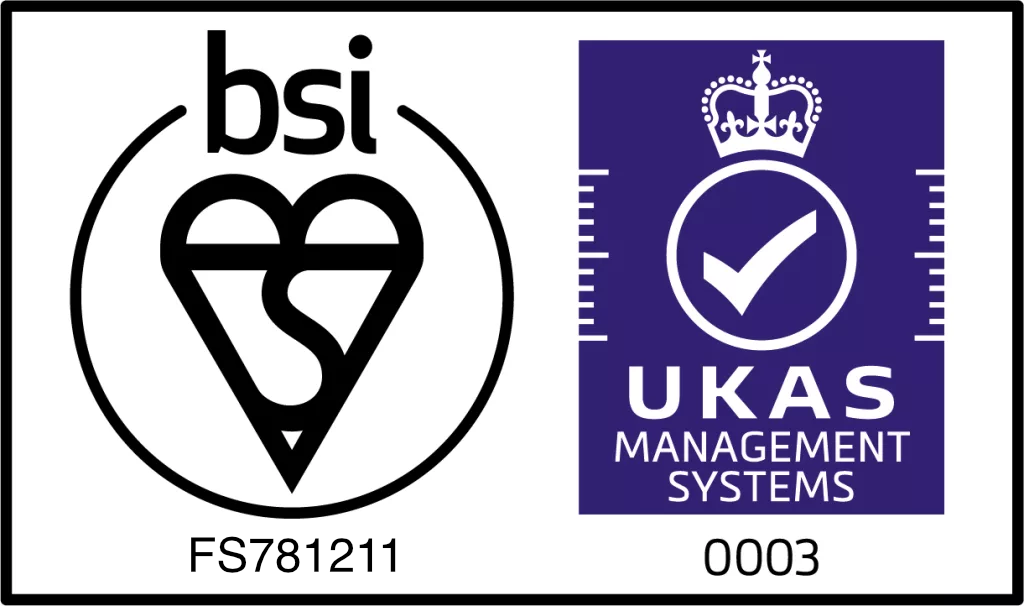
Collaboration is a word that is banded around widely in the construction industry. In principal it’s a great idea and some contracts such as the NEC suite encourage it. Collaboration does not mean that either party should dismiss their obligations under the contract, it should be done on top of the contract requirement.
Something that has always and continues to baffle me is the opinion that doing what the contract says is not collaborative. Certainly within the NEC the contract mechanisms like Early Warnings are a collaboration tool. I appreciate that there is always an element of practicality that needs to be applied as this can get out of hand however I have seen some clients become agitated by a single Early Warning as it’s seen as a contractual stance to take.
Contracts are in place for a reason. They are there to set out who is responsible for doing what and by when. They should also detail which party holds risks and what should be done in certain circumstances. So why not do as the contract says? After all, each party has agreed to act in line with the contract.
I regularly hear people refer to clauses from contracts that aren’t applicable to the particular project. Worse than that, some don’t even know what contract they are working under.
It’s vital to know what contract your working under and what you and others are meant to do in line with that contract.
In a previous role, the contractor I worked for at the time would set up a contract workshop at the start of a new project with all the key people from both sides. This would be held by an independent company and would go through the contract type for that project. This gave everyone the knowledge they needed to act in line with the contract.
Disputes can often arise when one party has failed under an obligation under the contract. On occasions they aren’t aware that this was their obligation or they weren’t aware of the consequences. Know what the contract says sounds simple but is all too often overlooked.
Going back on my original point, is collaboration being contractual? In my opinion, no but then again even if it was yes, what’s wrong with that?
I recently worked on a project where the contract required a baseline programme and then only needed an update when requested by the project manager. Just because that is the contractual requirement doesn’t mean that’s all you need to do. That is the bare minimum. Instead we decided to submit regular programme updates detailing and demonstrating the impact of the vast amounts of change happening on the project as well as keeping the client updated on progress and how the plan was evolving.
At times this was seen as being contractual but it was also incredibly collaborative. Had we only worked in line with the contract I don’t think the project would have been anything like as efficient or successful for either party than it was.
Doing what the contract says shouldn’t be seen as a negative thing to do. One the other side of the coin, just because the contract says something needs to be done, it doesn’t mean you cant better that. The contract will state the minimum requirements.
If you would like any programme management or project controls assistance then get in touch.
Planetal provides Tendering, Delivery Planning and Forensic Delay Expert Services to the construction industry. For more information on how we can help click one of the links below:
Forensic Delay Expert Services
For any further information or to discuss any programme requirements contact us on:






